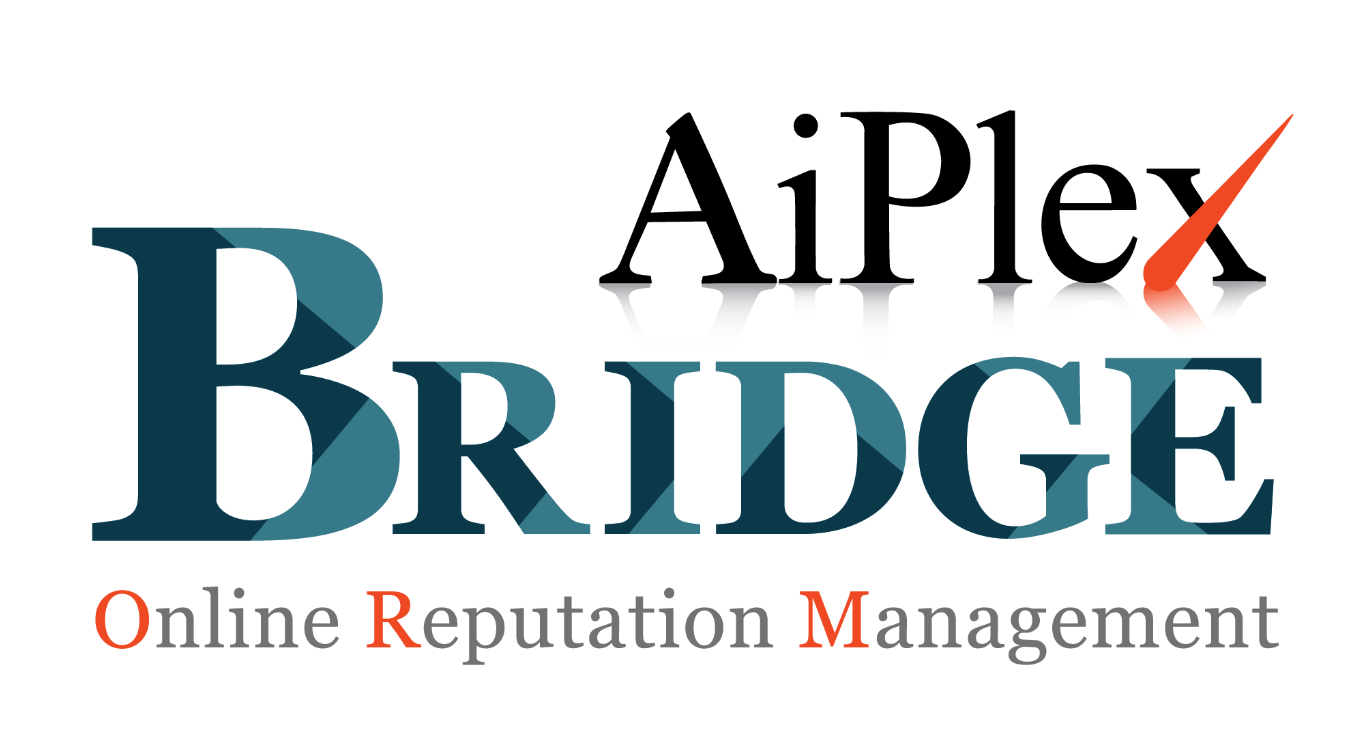
Deleting Negative Reviews
Dealing with negative reviews, even if they seem unjust and are from years ago, can significantly impact your business’s success. Knowing how to effectively remove negative Google reviews is crucial. A single negative review might not be disastrous, but it could wean away your potential customers towards competitors. In the absence of an effective review management strategy, a series of unfavourable reviews could deal a deathblow to your company.
So, is there a solution? Can you delete reviews on Google?
The short answer is “Yes, you can delete certain Google reviews.” However, the long answer is a bit more complex.
In the following sections, we will guide you on how to remove negative reviews from Google search results. Moreover, we will unveil the one fool proof way to counterbalance negative reviews, when removing them might not be an option.
How Google’s Review Removal Policy Works?
Google’s guidelines for removing reviews are straightforward.
Pay attention to these guidelines as they define what Google considers inappropriate for reviews.
Here’s a breakdown of what Google won’t allow:
- Spam and Fake Content: Reviews must authentically reflect a person’s experience at the location. Ratings shouldn’t be manipulated for any reason.
- Off-Topic Reviews: Reviews should focus on the specific place and not veer into unrelated discussions, rants, or political debates.
- Restricted Content: Reviews can’t promote products or services that face legal restrictions, including alcohol, gambling, firearms, adult content, and more.
- Illegal Content: Any content related to illegal activities, infringement, sexual abuse, or violence is strictly prohibited.
- Terrorist Content: Content promoting terrorism, violence, or celebrating terrorist acts is not allowed.
- Sexually Explicit Content: Google strictly forbids sexual content, especially if it involves exploiting children.
- Offensive Language: Obscene language and gestures are not permitted.
- Dangerous and Derogatory Content: Hate speech, bullying, and self-harm promotion are not tolerated on Google Maps.
- Impersonation: Misleading or deceptive content attributed to others is prohibited.
- Conflict of Interest: Reviews involving self-promotion, current/past employment, or competitors for manipulating ratings are considered conflicts of interest.
Google removes content that meets the criteria mentioned above, including text, images, and videos that distort facts. They also automatically process reviews to detect spam and fake reviews. If a review violates its policies or legal obligations, Google may take it down after being flagged.
Understanding these guidelines will help you report and delete negative reviews on Google.
Spotting and Reporting Fake Google Reviews: Your Action Plan
Suspect a sneaky fake review sullying your pristine business reputation? Here’s how to tackle a suspicious Google review head-on:
1. Check the Review: Give it a good look. Watch for signs of fakeness:
- Vague comments that could fit any business
- Too positive or negative language
- Words that don’t seem real
2. Flag It: If the review seems fishy, hit the “Flag as Inappropriate” button:
- Log into your Google Business Profile Manager
- Find the review
- Click the three dots next to it
- Choose “Report review”
3. Show Proof: Gather proof that the review is fake:
- Screenshots, emails, or messages showing the review is odd
- Things that don’t make sense in the review
4. Wait and See: After you flag the review, wait. Google will decide if it’s a problem. This takes about 14 days.
5. Gather Support: Enlist the help of your review-reading buddies. Ask other people and customers to report the suspect review too. The more attention it gets, the higher the chance Google will intervene.
6. Don’t Give Up: Didn’t get the outcome you hoped for? You can appeal Google’s decision. Present even more compelling evidence that the review is faker than a rubber chicken.
Handling Negative Google Reviews
Getting hit with negative reviews can feel like a low blow for any business, but don’t fret—we’ve got your back! Here’s how you can manage them like a pro:
- Respond Promptly: Don’t let a negative review hang in the air. Respond swiftly and in a professional tone. Acknowledge the customer’s concerns and offer a helpful solution or explanation. This demonstrates your commitment to addressing issues and finding resolutions.
- Stay Positive or Neutral: Keep your response upbeat and optimistic. Avoid getting defensive or confrontational; it’ll only escalate matters. Instead, express gratitude for the customer’s feedback, and focus on resolving the problem constructively.
- Shift to Private Channels: If the issue needs more attention, provide direct contact details for a one-on-one conversation. Sharing a phone number or email shows dedication to resolving the problem privately and thoroughly.
- Check Authenticity: Scrutinize reviews that seem suspicious. Spam reviews often lack specifics and might seem generic. Be wary if the reviewer has a vague profile or lacks a picture. Trust your instincts—if it feels off, it probably is.
Remember, negative reviews can be turned around with a touch of professionalism. Handle them with poise, follow these pointers, and show your commitment to customer satisfaction. Transform a setback into an opportunity for positive change.
The Limitations of Removing Negative Google Reviews
Imagine if there was a magic “Delete Review” button – it would certainly make things simpler, right?
But here’s the thing: that button doesn’t exist for a reason. Google reviews serve a vital purpose in today’s world. They empower consumers to make informed decisions about places, services, and businesses. We’re part of what’s called the “trust economy,” where businesses that treat their customers well get recognized and rewarded, while dishonest ones get exposed in a public space.
In this trust-based system, removing reviews isn’t always straightforward. Google acts against fake or spammy reviews, but even the harshest real reviews reflect the customer’s genuine experience.
What To Take Away…
Reviews build trust in your brand, strengthen your online reputation, demonstrate transparency, and showcase how you handle both positive and negative feedback. A negative review, even if it stings, can provide insights into your weaknesses, and help you improve. In many cases, negative reviews offer valuable constructive criticism. So, before responding, take a moment to breathe and remember that these reviews can be stepping stones to betterment.
We Can Help
The team at AiPlex comes with years of experience helping brands manage reviews on most important review sites; we can do this with finesse. We will ensure a positive customer experience every step of the way.











